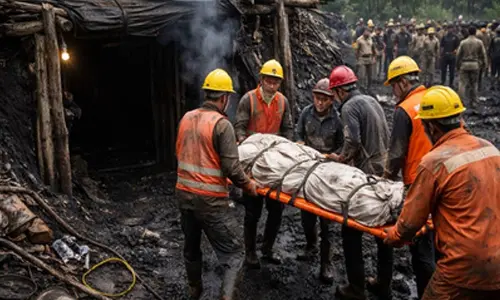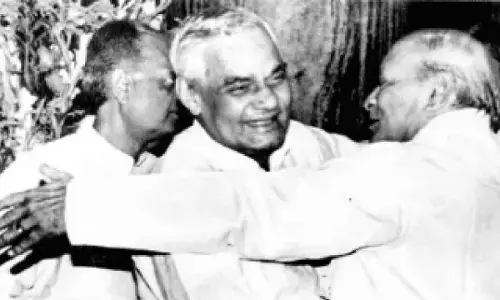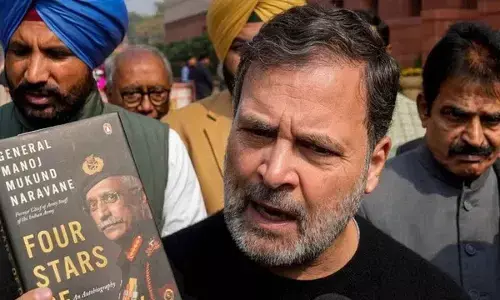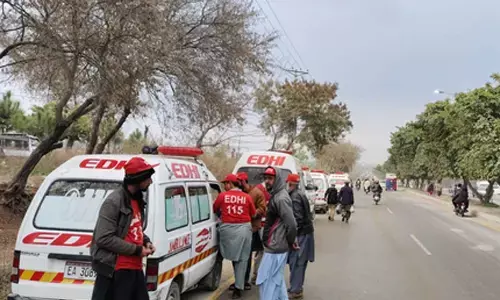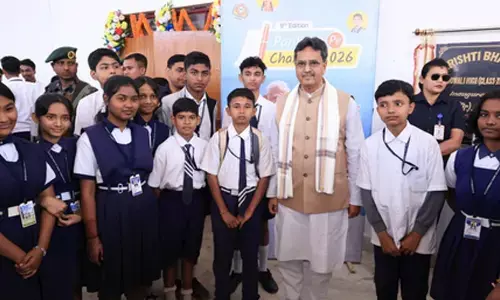Bilateral, multinational ties must for economic growth & social wellbeing
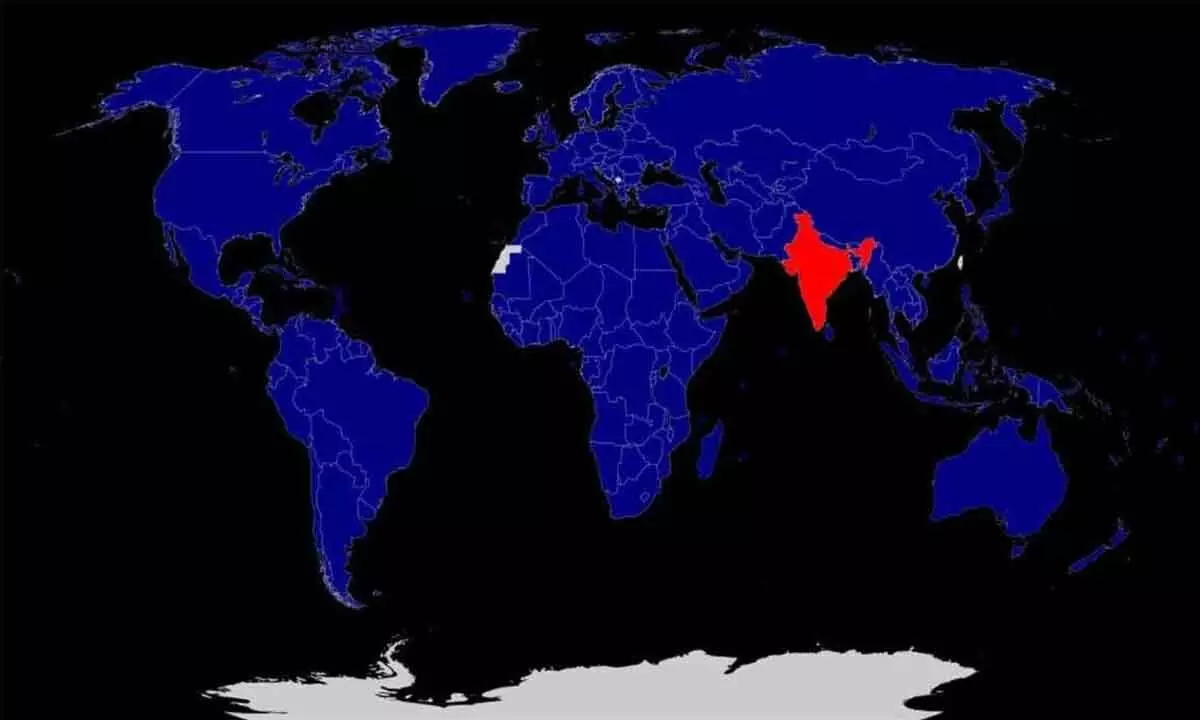
The principle, behind the somewhat worn out cliché, which says that union is strength, applies not merely to countries and institutions, but also to individuals. Cooperative societies and farmer producer organisations and trade unions of workers in industrial establishments are good examples. Aggregation gives farmers the advantage of economies of scale, which facilitate easy access to important inputs, such as managerial expertise, technology and finance as also the markets. Likewise, trade unions make it possible for the voice of the individual worker to be heard at the highest levels of the management so that grievances can be put forth and redressal sought
There are other examples, and very commendable ones at that, of cooperation between countries elsewhere in the world. For example, the Organization of African Unity (OAU) was founded in 1963 in Addis Ababa. It comprises 32 African states, with the main aim of bringing them together and resolving the issues within the African continent. It also seeks to co-ordinate and intensify the co-operation of African states in order to achieve a better life for the people of Africa, and to defend the sovereignty, territorial integrity and independence of African states.
The regional cooperation among the countries of African continent extends to the financial sector also. The African Development Bank set up on September 10, 1964 is a multilateral development finance institution headquartered in Abidjan, Ivory Coast. It is a financial provider to African governments and private companies investing in the regional member-countries, contributing to poverty reduction and economic and social development in the least developed African countries.
Established in 1967, the Indian Ocean Rim Association for Regional Cooperation (IORARC) is a regional cooperation initiative of the Indian Ocean Rim countries, aimed at promoting economic and technical cooperation, including expansion of trade and investment. The benefits, which India can derive from it, include supply chain diversification, mobilisation of investments, deeper integration of India in global value chains, support to micro, small and medium enterprises (MSME)s and creation of a seamless regional trade ecosystem. The proposed supply chain agreement, among the 14-member IPEF grouping, would provide various benefits to India, including a potential shift in the activities of the production centres in critical sectors, and mitigating risks of economic disruptions from supply-chain shocks.
NATO Plus is a coalition, consisting of the members of the North Atlantic Treaty Organization (NATO) and Australia, New Zealand, Japan, Israel, and South Korea. Its objective is to enhance global defence cooperation. Its membership will offer several advantages to India, including seamless intelligence sharing among member-countries, access to cutting-edge military technology without delays and a strengthened defence partnership with the United States. It will also help to counterbalance China’s influence in the Indo-Pacific, apart from contributing to regional stability. It is also expected to improve defence capabilities, NATO’s global presence and address security challenges in the Indo-Pacific. An enhanced degree of intelligence sharing, with NATO and its five partner countries, is expected to be another important take away from the arrangements.
India’s hosting, of the Shanghai Cooperation Organization (SCO) summit, so soon after the PM’s historic visit to the US, is seen as a key marker, of New Delhi’s strategic neutrality, in the context of the Russia-Ukraine war.
The cooperation of G20 nations, over a summit of which India is currently presiding, can also provide new techniques, and develop challenging strategies to meet the needs of the most vulnerable nations, and also ensure significant progress towards establishing an inclusive world society. It will also bring a positive change, in the realm of international relations, towards more contiguity, and harmonious relationship.
The Organisation of Islamic Cooperation, formerly the Organisation of the Islamic Conference, is an intergovernmental organization consisting of 57 member states, with 48 of them being Muslim-majority countries. Founded in 1949, it seeks to represent the collective voice of the Muslim world’ and works to “safeguard and protect the interests of the Muslim world the spirit of promoting international peace and harmony”
Initiated in 2011, the Pacific Alliance was formalised by a framework agreement in 2012. Its members – Mexico, Chile, Peru and Colombia – have outward-oriented trade liberalising policies. It aims to achieve the free movement of goods, services, capital and people among members. Australia became an observer in November 2012
The Caribbean states have made significant efforts to integrate their economies and increase their cohesiveness in multilateral organisations. The Caribbean Community (CARICOM) is the peak regional organisation. It focuses on enhancing greater regional integration and establishment of a comprehensive single market economy
In the United Nations, parties are traditionally organized into five regional groups, mainly for the purposes of electing the Bureau, namely: African States, Asian States, Eastern European States, Latin American and the Caribbean States, and the Western European and Other States (the “Other States” include Australia, Canada, Iceland, New Zealand, Norway, Switzerland and the United States of America, but not Japan, which is in the Asian Group).
The principle, behind the somewhat worn out cliché, which says that union is strength, applies not merely to countries and institutions, but also to individuals. Cooperative societies and farmer producer organisations and trade unions of workers in industrial establishments are good examples. Aggregation gives farmers the advantage of economies of scale, which facilitate easy access to important inputs, such as managerial expertise, technology and finance as also the markets. Likewise, trade unions make it possible for the voice of the individual worker to be heard at the highest levels of the management so that grievances can be put forth and redressal sought.
The fact, that safety lies in numbers, also informs the phenomenon, of animals moving in herds, fish in schools and birds in flocks. Animals find that being in a group increases the chances of survival apart from enabling them to raise their young, better hunt more efficiently and also offers protection against predators. Similarly, birds find that it is easier to spot predators or other potential threats while in a flock, apart from presenting predators a greater number of targets, thus reducing the danger for a single bird. Likewise, schools of fish are structured arrangements, with coordinated movement and a common direction, that provide defence against predators and increase feeding efficiency. Swimming close together also reduces friction and allows fish to conserve energy.
One of the fundamental qualities athletes of all ages learn, from sport, is teamwork. Teamwork is defined as all members of a sports team having a shared and deeply imbedded understanding of: team identity, team philosophy, individual roles, and performance outcome goals. “There is no I in a Team”. A team without teamwork will never be successful in the end. This is why most team coaches spend a good amount of time in order to foster teamwork within their team. Without teamwork, nothing can be achieved as a group. Teamwork should be informed by spirit of mutual reinforcement and synergy. One must guard against the kind of support some people can provide which with the best of intentions, can have counter-productive consequences.
Too many persons involved in managing an activity can ruin it. For example, without a conductor, every player in an orchestra may have an idea for how the music should go which, if acted upon, can ruin the impact of the number being played. In other words, too many cooks spoil the broth, an expression which alludes to each of many cooks adding something to a soup, which finally ends up tasting awful.
Team sports replicate many of the experiences one may find in a typical job setting. As an author put it, while dedicating his work, “for my wife, but for whose support and help, I would have finished this long ago!”
(The writer is formerly Chief Secretary, Government of Andhra Pradesh)










